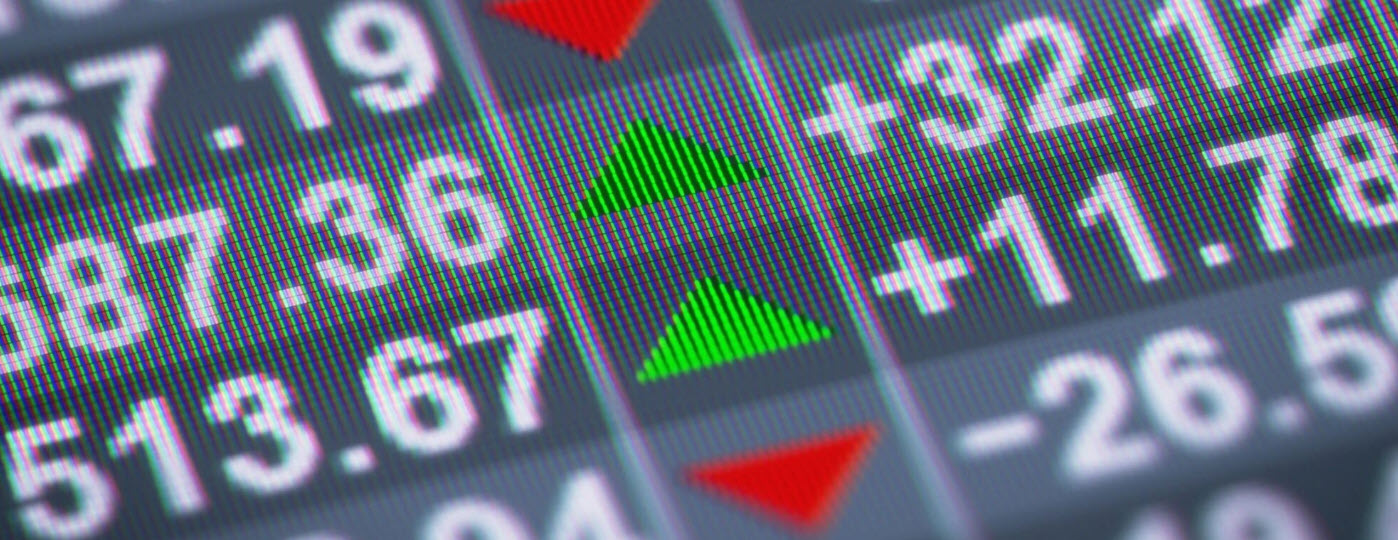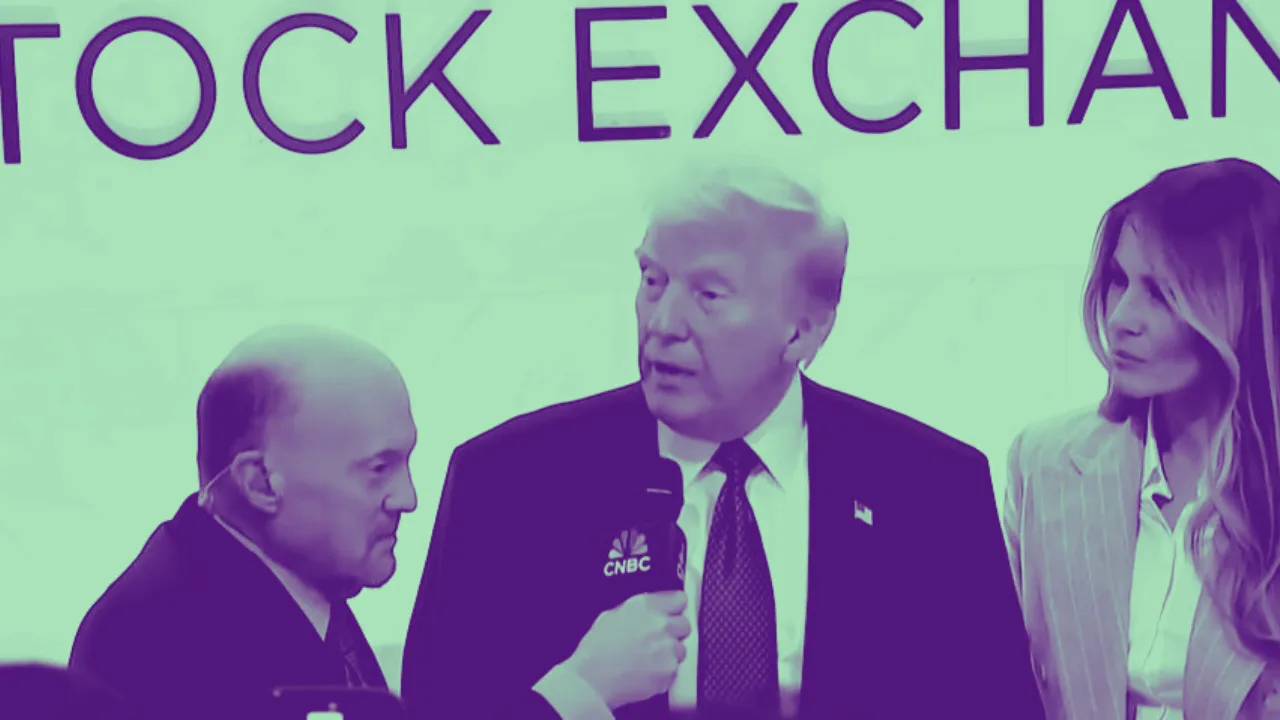A market order is a request made to a broker to purchase or dispose of securities right away, including stocks, options, and other investments, at the best available price. Because it can be carried out swiftly and effectively, it is one of the most frequently used forms of orders in the stock market.
Investors specify the maximum amount of shares they want to buy when completing a market order, which is typically within one trading day. An investor might place a market order to “buy 1,000 shares,” for instance, and the broker will do their best to fill the entire amount with any orders that come through their system that day.
Investors should be aware that there is no assurance that their buys (or sells) will be filled at a specific price point because this sort of order does not account for price variations over time. With a market order, purchasers effectively trust their brokers to negotiate the best price for them within their specified timeframe rather than restricting their transactions to only occur at precise prices you designate, as may be done with limit orders.
This sort of order is most frequently employed by traders who lack the time or access to advance information about price changes due to its simplicity and quick execution timeframes. When there is high market volatility or when several buyers are competing to purchase or sell a specific security within a short period of time, market orders may also be used.
Overall, knowing how market orders function and the circumstances in which they are most appropriate can help stock investors make successful transactions at prices they are happy with. It’s important for investors to consider all potential costs and risks associated with placing unprotected orders versus those incurred when using limit orders before deciding which route they wish to take when placing trades on particular securities, even though these types of orders can offer speed and convenience when trading on public exchanges.





